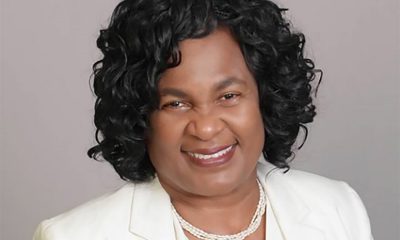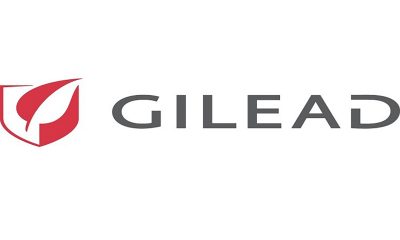Health
Council restores proposed cuts for AIDS groups
Catania says they must rely more on insurance reimbursement
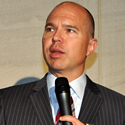
The D.C. City Council Tuesday voted to restore $427,000 in proposed cuts by Mayor Adrian Fenty in city funding for community-based AIDS organizations, including the Whitman-Walker Clinic.
At the request of Mayor-elect Vincent Gray, who is finishing his term as Council chair, the Council approved a series of revisions to the mayor’s budget proposal that included restoring the cuts for groups that provide HIV-related services to city residents.
The action came during a marathon session that lasted until 9 p.m. in which the Council grappled with reconciling a projected $188 million budget shortfall the city is facing for fiscal year 2011 and far greater expected shortfalls for the following two years.
Gay D.C. Council member David Catania (I-At-Large), who chairs the Council’s Committee on Health, said he was pleased that his colleagues backed Gray’s proposal to restore the AIDS-related funds.
But he said a decision by the city to participate in an expanded Medicaid reimbursement program for low-income residents under President Obama’s health insurance reform package would likely have offset the cuts even if the Council did not restore them.
Catania said the funds Fenty proposed cutting were for paying community-based service providers like Whitman-Walker Clinic to perform a variety of HIV-related services for low-income residents, including HIV testing and counseling. He said the expanded Medicaid coverage made possible under the Obama health reform program, which Congress approved last year, now enables community clinics to obtain reimbursement for their services from patients’ Medicaid or other health insurance providers.
He noted that that phase of the Obama health program went into effect this year.
Due to a shortfall in tax revenue caused by the recession, Catania, Gray and other Council members said during Tuesday’s Council session that cuts would be needed in city spending. The said a failure to either cut the budget or approve steep tax increases could lead the city into bankruptcy or to a congressional take-over of the city’s budget process similar to the one that occurred in the early 1990s.
“Ninety-four percent of our residents now have health insurance,” Catania said. “We have the second lowest rate of uninsured in the country. As such, providers are going to have to work harder to get reimbursed from insurance companies that provide reimbursement as opposed to simply relying on local city grants,” he said.
“Everyone has to roll up their sleeves and work harder,” he said.
Whitman-Walker Executive Director Don Blanchon said that if the Fenty cuts were approved by the Council, a $145,000 city grant to the clinic for HIV testing and counseling would have been cut by $14,500, reducing the grant to $130,500.
Blanchon said a separate city grant of $144,500 for HIV-related legal services for low-income patients at the Clinic’s Max Robinson facility in Anacostia also would have been targeted for reduction, although he did not know the size of the reduction.
Ron Simmons, executive director of Us Helping Us, a community-based group that provides HIV-related services to black gay men, said his group expected to receive a similar cut in an HIV testing and counseling grant from the city had the Council approved the proposed cuts.
Simmons and Blanchon noted that the overwhelming amount of funding for the city’s AIDS programs, especially patient medical care, comes from the federal government through the Ryan White CARE Act and is not subject to city budget cuts.
Health
UNAIDS to commemorate Zero Discrimination Day’s 10th anniversary
UN agency urges global action to protect human rights
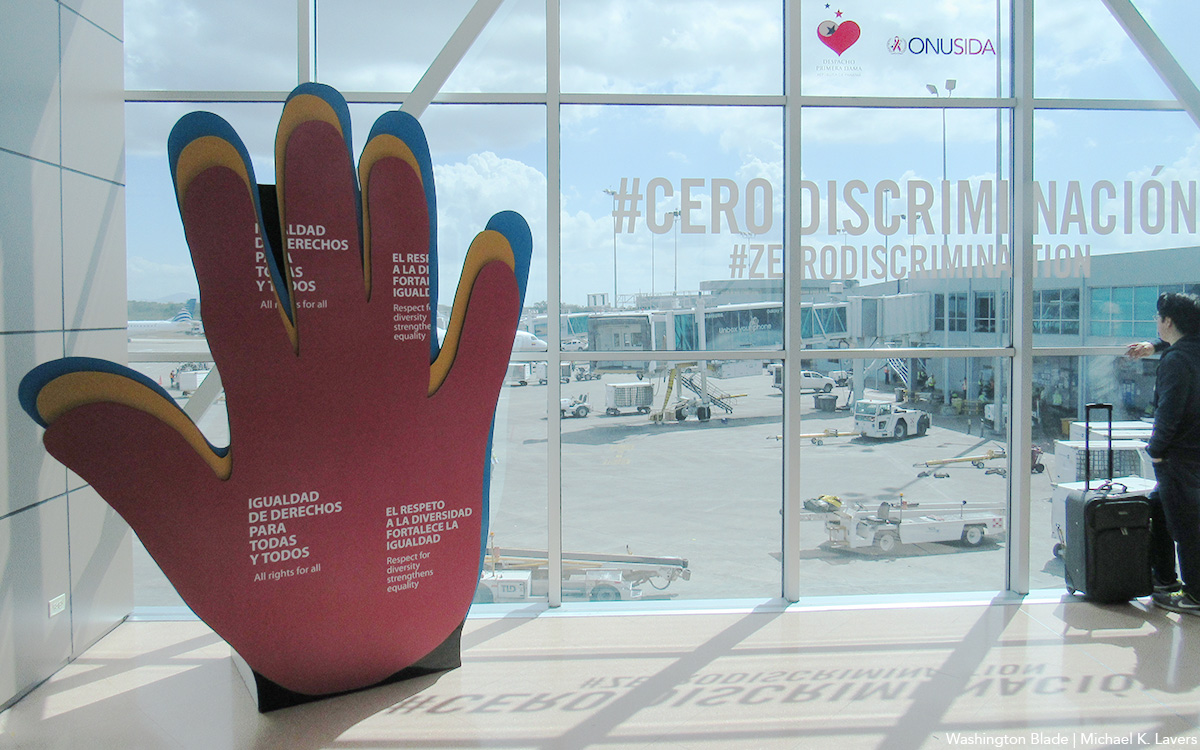
As the world marks the 10th anniversary of Zero Discrimination Day; UNAIDS is sounding the alarm on the increasing threats to human rights, calling for renewed efforts to protect the rights of all individuals as a fundamental step towards ensuring health for everyone.
Established by UNAIDS a decade ago, Zero Discrimination Day aims to promote equality and fairness regardless of gender, age, sexuality, ethnicity or HIV status. The progress achieved over the past years is now in jeopardy, however, due to rising attacks on the rights of women, LGBTQ people and other marginalized communities.
UNAIDS Executive Director Winnie Byanyima emphasized the critical link between protecting human rights and safeguarding public health.
“The attacks on rights are a threat to freedom and democracy and are harmful to health,” she said in a press release. “Stigma and discrimination obstruct HIV prevention, testing, treatment and care and hold back progress towards ending AIDS by 2030. It is only by protecting everyone’s rights that we can protect everyone’s health.”
Despite challenges, there has been notable progress.
At the onset of the AIDS pandemic more than 40 years ago, two-thirds of countries criminalized consensual same-sex sexual relations. They are now decriminalized in two-thirds of countries. An additional 38 countries around the world have pledged to end HIV-related stigma and discrimination, contributing to positive changes that include 50 million more girls attending school compared to 2015.
To sustain and enhance these advancements; UNAIDS urges global support for women’s rights movements, LGBTQ rights, racial justice, economic justice, climate justice and peace initiatives. By standing with communities advocating for their rights, the U.N. aims to reinforce the collective effort towards a more inclusive and equitable world.
Zero Discrimination Day is observed on March 1.
Events and activities that will take place around the world throughout the month will serve as reminders of the essential lesson and call to action: Protecting everyone’s health is synonymous with protecting everyone’s rights.
“Through upholding rights for all, we will be able to achieve the Sustainable Development Goals and secure a safer, fairer, kinder and happier world — for everyone,” said Byanyima.
Health
New CDC report finds transgender women at higher risk for HIV
More than 1,600 people in seven cities surveyed
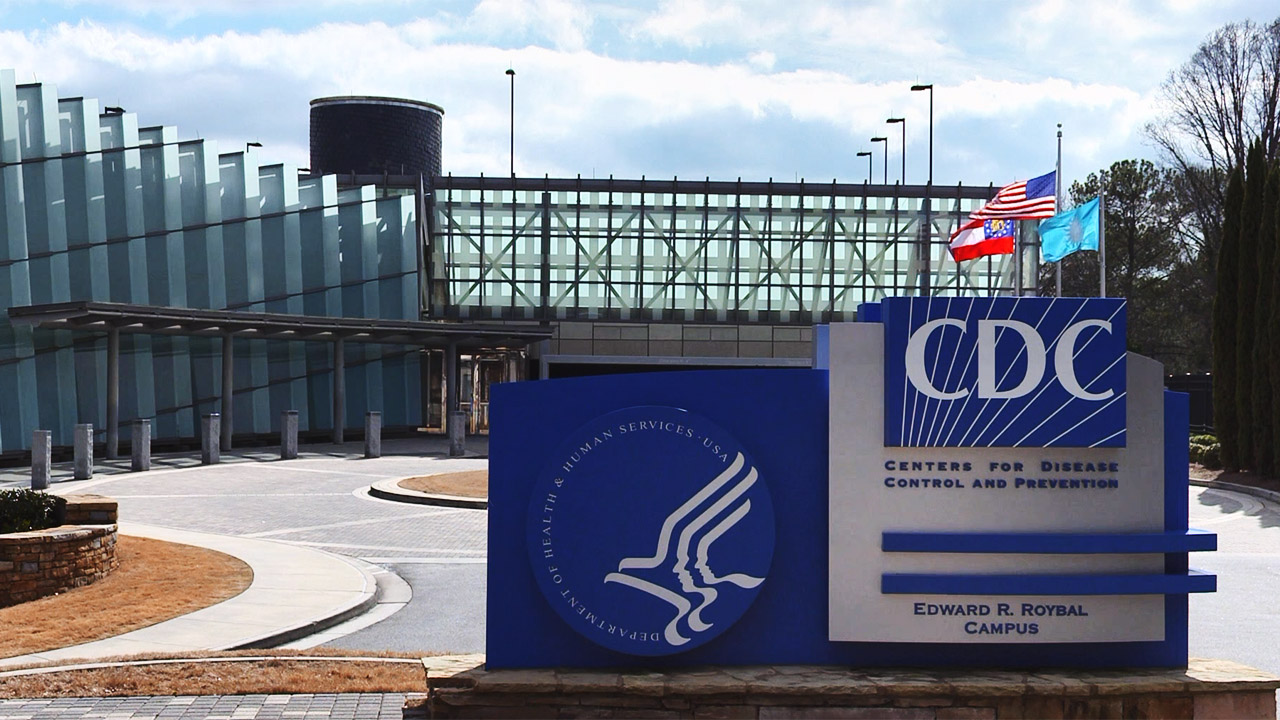
The Centers for Disease Control and Prevention issued a new study report this week that revealed that restricted by employment and housing discrimination and lack of access to needed gender-affirming healthcare for transgender women increasing the risk of contracting HIV.
Researchers reviewed data from a 2019-2020 survey, the National HIV Behavioral Surveillance Among Transgender Women, which found that the demographics of HIV/AIDS have been disproportionally high, especially among Black and Latina trans women, who had experienced employment and housing discrimination coupled with lack of access to gender-affirming healthcare.
The Jan. 25 Morbidity and Mortality Weekly Report was based on data studies of more than 1,600 trans women in seven major urban locales. Participants from Atlanta, Los Angeles, New Orleans, New York, Philadelphia, San Francisco and Seattle were chosen by referrals from people and community-based organizations who knew or were part of the local population of trans women.
The study’s researchers noted: “Employment discrimination occurs at the overlapping nexus of poverty, homelessness, incarceration, health insurance, disability, food insecurity and survival sex work. These issues are interconnected.”
The study stated that trans women’s inability to access quality healthcare, including gender-affirming treatment or access to PrEP, and can expose them to potential incarceration as many turn to “survival sex work” and violence, which increases the risk of contracting HIV.
The study’s author’s pointed out: “When economically marginalized transgender women are refused employment, this refusal cyclically contributes to economic hardships. This analysis …demonstrates the importance of transgender women working and living with dignity and without fear of unfair treatment.”
Health
A Whole New Perspective on Well-Being
The Mather’s team recognizes that everyone’s wellness journey is completely unique to their life experiences and influences.

It’s easy to spot the distinctive, elegant silhouette of The Mather, a Life Plan Community for those 62+ opening this spring in Tysons, Virginia. What is not apparent to the naked eye is The Mather’s unique wellness philosophy, which is literally built into the community.
The Mather’s team recognizes that everyone’s wellness journey is completely unique to their life experiences and influences.
Nature is one of the important factors that contribute to well-being. So The Mather is incorporating biophilic design—a design approach to facilitate access to nature or things that replicate natural patterns. This can include interior spaces with sightlines to a garden, choosing natural wood and stone as interior materials, or incorporating fragrant flowers and plants indoors to spark memories and provide tactile opportunities such as gardening.
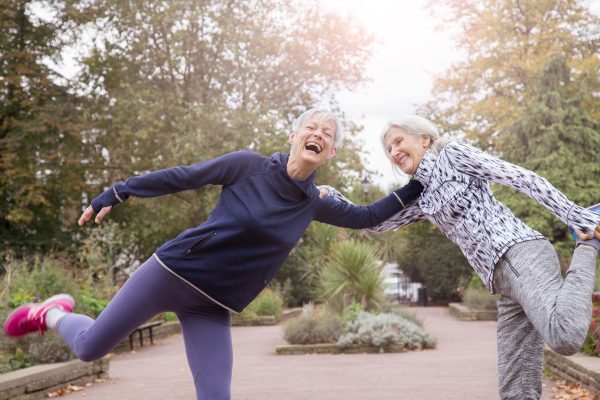
“Providing biophilic design within interior settings connects residents to the natural world,” says Mary Leary, CEO and President of Mather, the organization behind The Mather. “Research shows that a connection to nature provides positive benefits to mental states and overall well-being. At The Mather, biophilic design is the intersection of buildings and programs with nature in an urban setting.”
“The Mather is attracting a diverse group of older adults,” says Mary. “As a result, we aim to incorporate wellness practices from around the world, including Wyda movement theory of the Celtic Druids, which helps people achieve harmony with nature and contentment through mindfulness.” This holistic regenerative approach is similar to Qi Gong and yoga, while born in a different part of the world. Mather Institute has a special focus on mindfulness to support older adults’ practice of present moment awareness, which can lead to increased overall well-being, compassion, and joy.
A very different example of a wellness offering at The Mather is the Gharieni Welnamis spa wave bed, which uses computer-controlled vibrational therapy and audio frequencies to train the brain to relax. “The bed increases mindfulness, concentration, and creativity—all of which support our mission of creating Ways to Age Well,SM” says Mary.
These and other personalized ways to wellness will ensure that residents of The Mather can choose from seemingly countless ways to focus on their well-being. In other words, the sky’s the limit!



